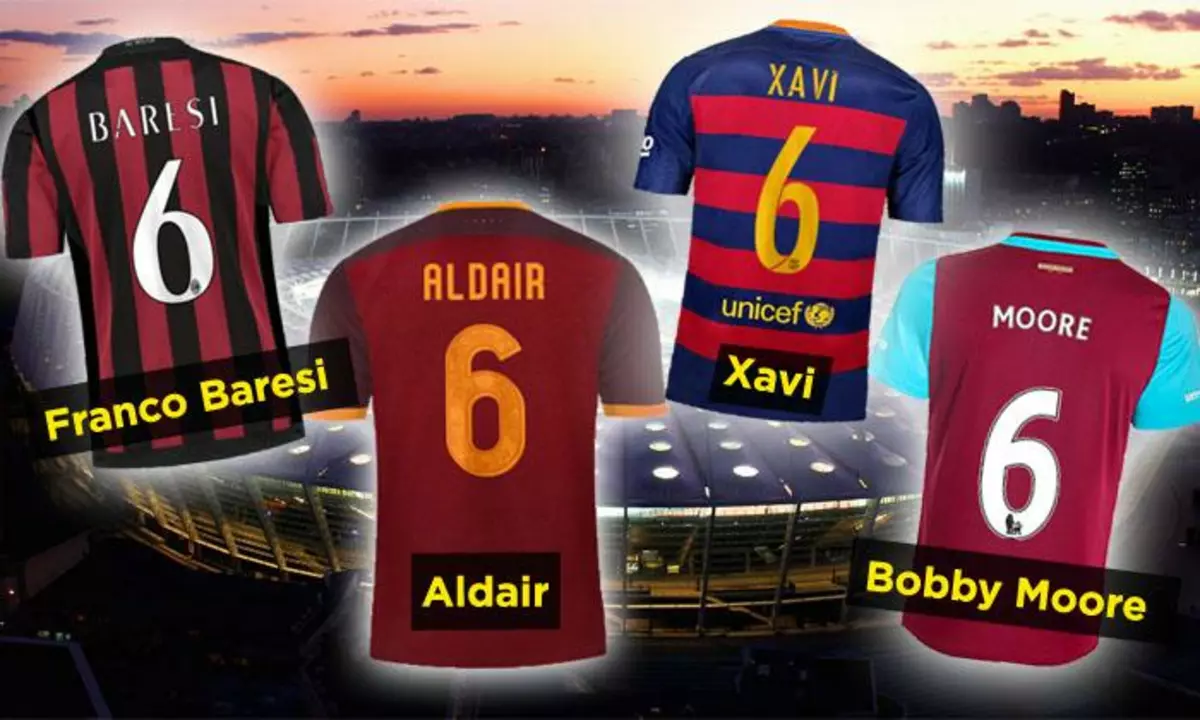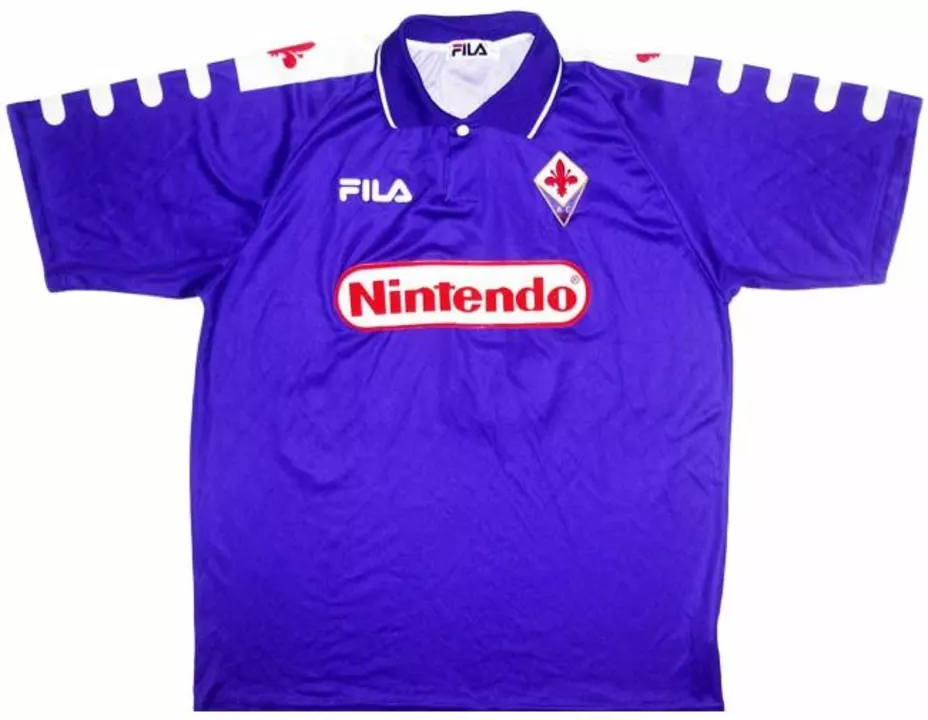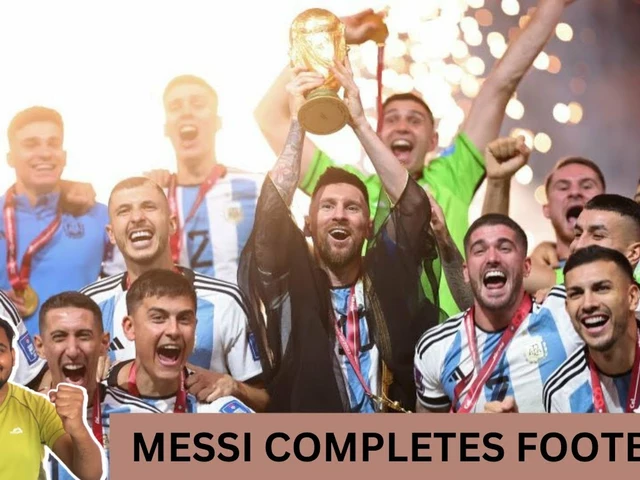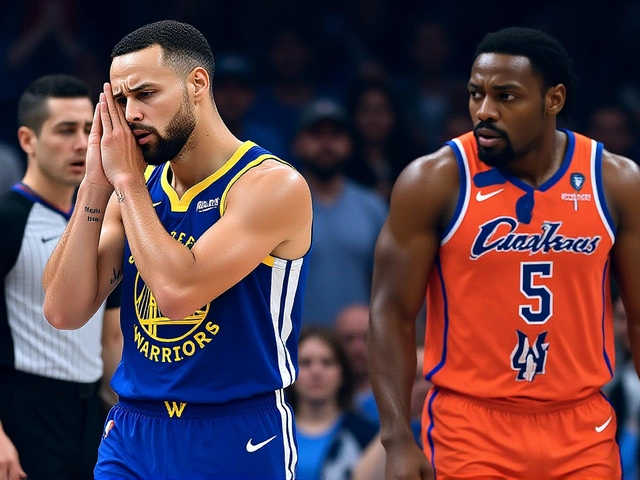
May 2023 Soccer Jersey Numbers & Sponsorship Guide
Welcome to the May roundup at Soccer Fan Tavern. This month we dug into two things every fan talks about: the legendary numbers on the back of the shirts and the money‑making deals that put logos on those same kits. Whether you love counting the digits on your favorite player's back or you’re curious about how clubs fund themselves, we’ve got the basics you need right here.
Iconic Jersey Numbers
Some numbers have become as famous as the players who wear them. The classic "10" instantly brings Pelé, Maradona, Messi and many modern playmakers to mind. It’s the shirt of the creative brain, the one that says “watch me make something happen.” Then there’s the "7" – a badge of flair and speed, worn by legends like Cristiano Ronaldo, David Beckham and George Best. Fans often buy a replica just for the number, not just the name.
Other digits tell their own story. The "9" belongs to the classic goal‑getter – think Ronaldo Nazário, Alan Shearer or Zlatan Ibrahimović. It’s the number you expect to see at the end of a cross. The "11" usually marks the wide‑out winger, a role filled by stars such as Neymar or Ryan Giggs. Even lower numbers, like "5" for a solid centre‑back, have a dedicated following. These numbers become part of a player’s brand, and they stick in fans’ memories long after the player retires.
How Jersey Sponsorship Works
Behind every logo on a kit is a big business deal. A company pays a club to have its brand displayed on the front of the jersey, turning the shirt into a moving billboard. The money can range from a few million to hundreds of millions of dollars, depending on the club’s size, the league, and the exposure the sponsor expects.
The partnership usually lasts a set number of seasons – three to five is common – and includes clauses about logo size, placement and even what colors can be used. Clubs use the cash to cover salaries, improve facilities, or invest in youth programs. Sponsors get brand visibility every time the team steps onto the pitch, appears on TV, or shows up in fan photos on social media.
Negotiating the deal isn’t simple. Both sides look at market reach, fan demographics, and potential return on investment. A club with a global fanbase can charge a premium because the sponsor’s logo will be seen worldwide. Small clubs might accept lower fees but still gain valuable marketing support. In the end, a good sponsor deal helps the team stay competitive while giving the brand a direct line to passionate supporters.
That’s the quick look at what we covered in May. From iconic numbers that define player legacies to the sponsorship dollars that keep clubs running, these topics show how the beautiful game blends sport, culture, and business. Keep coming back for more deep dives, and let us know which jersey number or sponsor story you want to explore next.
-
11 May

-
4 May

How does a soccer jersey sponsorship work?
As a passionate soccer fan, I've always been intrigued by the business side of the sport, particularly when it comes to jersey sponsorships. Essentially, a soccer jersey sponsorship works by a company paying a significant amount of money to have their logo prominently displayed on a team's uniform. This mutually beneficial partnership allows the company to gain massive exposure and brand awareness, while the soccer team receives a substantial financial boost. These deals usually last for a few years, and the negotiation process can be quite complex, involving marketing strategies and evaluating potential returns on investment. Jersey sponsorships have become a crucial part of the soccer world, helping to fund teams and elevate the sport's global reach.


